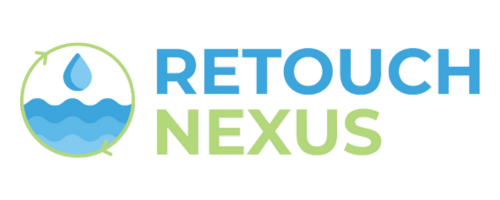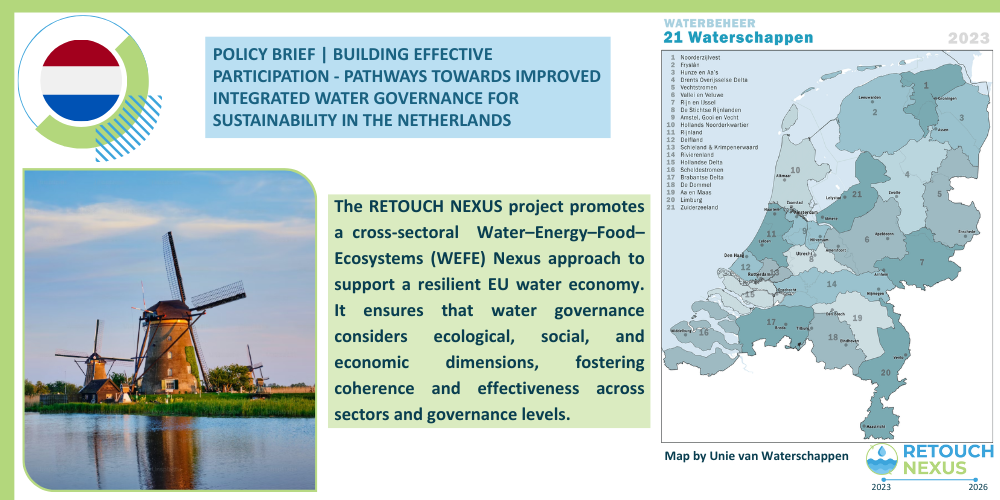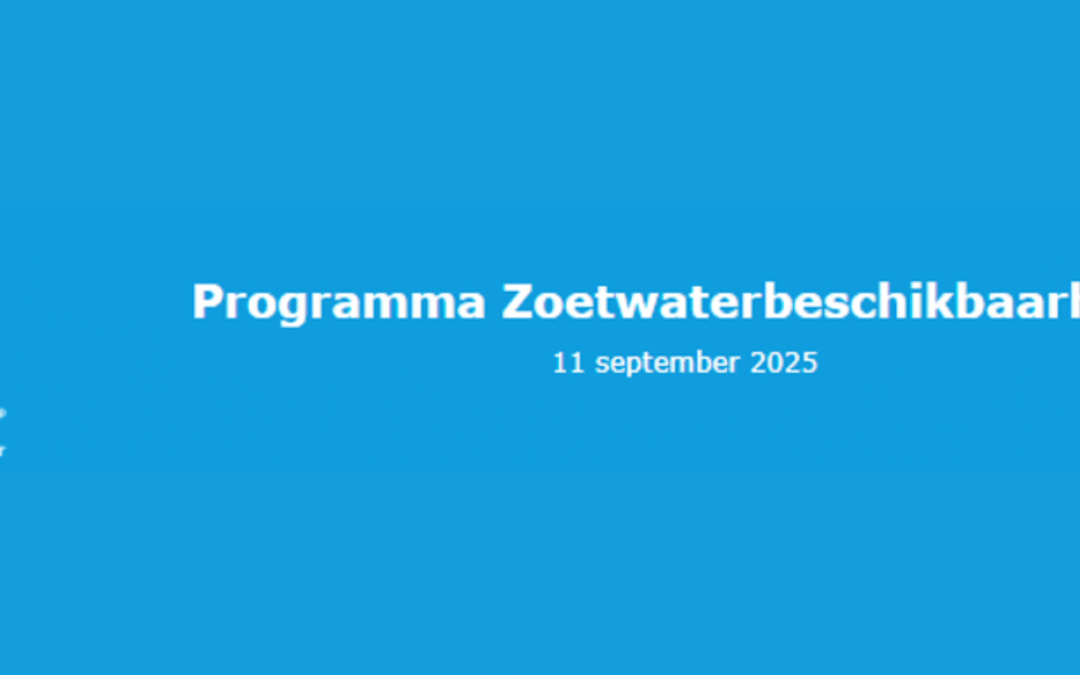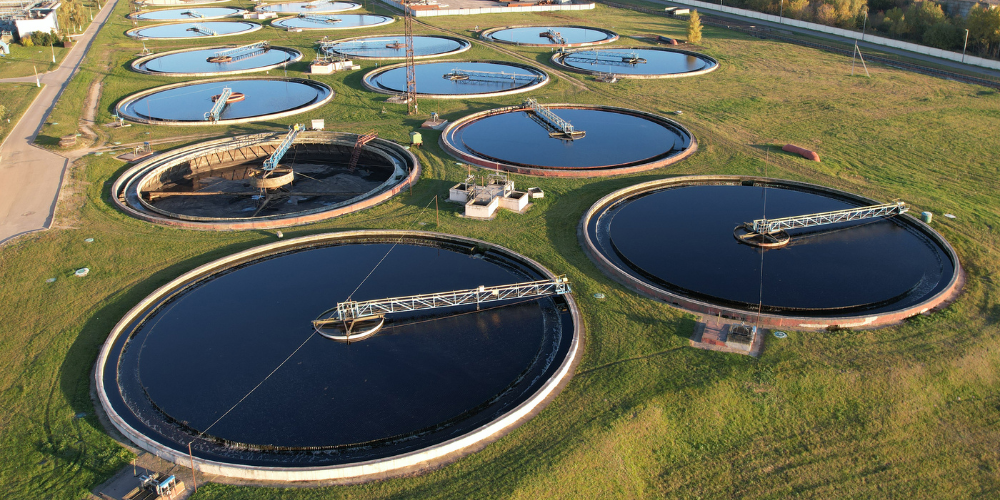Dutch Case study
North Holland Province
Our project partners, VUA and HHNK, will lead the Dutch casse study, focusing on managing freshwater availability in the light of increasingly frequent droughts due to climate change.
Case Study Overview
Discover Holland's Challenges
The Academic partner VUA will oversee the Dutch case study, closely collaborating with the water authority Hoogheemraadschap Hollands Noorderkwartier (HHNK), responsible for managing water quality, quantity, and safety in the province of North Holland. HHNK is developing an innovative freshwater availability program, with an early phase inclusion of all relevant water stakeholders. They are exploring new approaches to have effective stakeholder engagement mechanisms, with sustainable and long-term vision. However, the integrated participatory approach under HHNK’s management has yet to be developed.
Our Methodology & Expected results
Freshwater availability and quality maintenance
The case study focuses on the responsibility of the water authority for water management in the province of Noord-Holland, excluding the city of Amsterdam. This area, home to 1.2 million people, lies 75% below sea level. The responsible water authority, HHNK, faces various challenges related to the WEFE Nexus, such as flood risk management and water quality preservation.
One of the challenges HHNK faces is maintaining freshwater supply and quality. Freshwater availability is under pressure due to climate change and rising sea levels (increased evaporation, longer periods without precipitation, and increasing salinization), a growing population, and the expansion of agriculture and industry. All these factors contribute to a significant decline in freshwater resources.
The HHNK management area covers 196,600 hectares, of which 34,050 hectares are urbanized. The region relies on three major freshwater sources: precipitation, groundwater reserves, and water intake from the IJsselmeer area. Additionally, wastewater treatment plants indirectly contribute by returning processed water to the surface water system. With 15 wastewater treatment plants, more than 100 million liters of wastewater are purified annually. Furthermore, 8% of the region consists of surface water, which HHNK manages in terms of both quantity and quality levels.
Water distribution within HHNK’s jurisdiction is managed through a combination of policy agreements, monitoring, and adaptation measures to ensure that water levels remain sufficient for both urban and rural needs. To achieve this, HHNK adopts an integrated approach and aims to create a positive impact by closely collaborating with stakeholders, including other government bodies (province, municipalities), the drinking water company (PWN), private entities, and environmental and agricultural organizations.
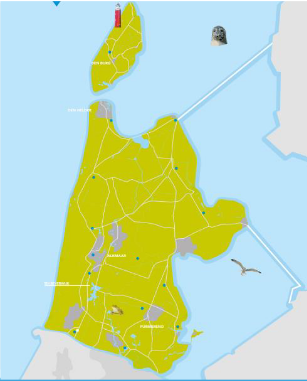
The biggest challenge for water managers is developing a strategy to meet the increasing demand for freshwater while supply continues to decline. This requires careful consideration of all stakeholders affected by drought. HHNK aims to establish a Freshwater Availability Program that incorporates the interests of all stakeholders through a participatory process. The role of the VUA is to develop and support a stakeholder analysis and a multi-actor, inclusive engagement process for the freshwater availability program, in order to facilitate broad participation in water governance.
Our Local Engagement Activites
Engaging Stakeholders to Address Water-Related Issues
New Policy Brief: Building Effective Participation in Dutch Water Governance
Integrated Water Governance in the Netherlands The Netherlands faces increasingly complex water challenges driven by climate change, polluted waterways, soil…
Informative evening for HHNK’s Freshwater Availability Programme
On Thursday, 11 September, the water authority Hoogheemraadschap Hollands Noorderkwartier (HHNK) held an information evening as part of the public…
🤝 Building a Participatory Path for Water Governance in North Holland
RETOUCH NEXUS supports stakeholder engagement for the Freshwater Availability Program. In response to the growing threat of water scarcity in…
Addressing Water Scarcity in the Netherlands: Insights from the RETOUCH-NEXUS Project
Water scarcity is an increasingly pressing issue in the Netherlands, driven by the dual challenges of climate change and declining…
New Publication: Exploring Fair and Sustainable Pollution Management by our Project Partner VUA!
We are delighted to announce a new publication by our project partner, Vrije Universiteit Amsterdam (VUA), in collaboration with Yuzhi…
Establishing a baseline to characterise each RETOUCH NEXUS case study
Last September, our project completed two tasks aimed at exploring water governance models, institutional frameworks and economic, financial and commercial…
